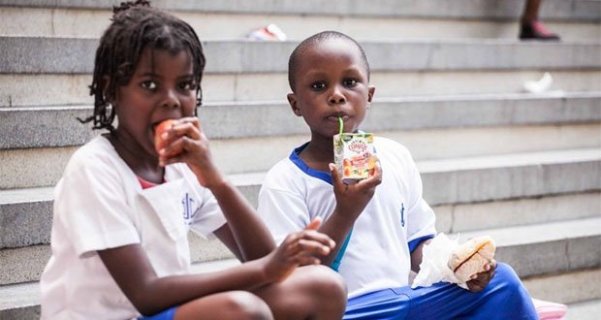According to the PNAE, approved in April by presidential decree, the cost structure includes a daily unitary food allowance of 376.82 kwanzas and covers 5.4 million enrolled students, including a regular allocation of food over the five days of the week, over ten months.
The PNAE 2025-2027 has an annual cost of 450 billion kwanzas, totaling 1.3 billion kwanzas in three years, and should cover 6,926 public primary schools across the 21 provinces.
According to the authorities, this three-year program, which follows on from the School Meal Program, aims to help stimulate children's ability to acquire knowledge, to reduce the prevalence of malnutrition and the risk factors associated with chronic non-communicable diseases.
Ensuring the strengthening of protective factors related to healthy eating is still among the purposes of the program, developed by the Government, with a focus on universalizing the provision of school meals for children enrolled in early childhood education and primary education in public schools.
Authorities believe that implementing the program should stimulate children's ability to fulfill their school responsibilities “under adequate nutritional conditions, thus ensuring their well-being, growth and development.”
Regarding the financial management of the PNAE, this instrument adopts a decentralized model, in which financial management and execution are the “exclusive responsibility” of municipal administrations.
“This approach aims to ensure greater efficiency in the application of resources and reinforce the proximity of management to local needs, allowing better coordination with schools and others”, reads the document already published in the Official Gazette.
The authorities understand that improving the teaching and learning process and the appropriate approach to keeping children in school require the adoption of complementary measures to support primary education, such as the PNAE.
The provision of school meals and the introduction of a perspective oriented towards healthy eating habits “reinforce the educational process, contributing, to a great extent, to the integral development of school-age children and ensuring their well-being, growth and harmonious development”.
They also consider that the PNAE should expand and ensure the equitable and qualitative distribution of school meals to children attending early childhood education and primary school students, in public institutions, to “reduce school dropout and school failure”.







